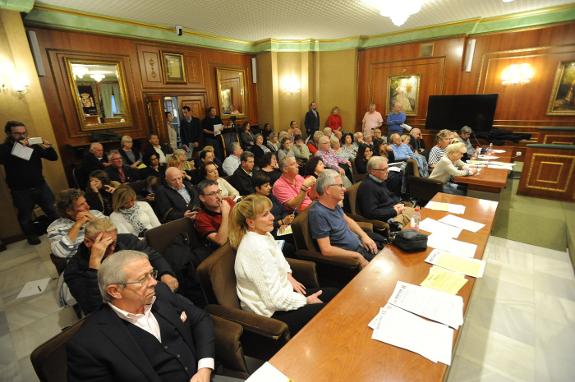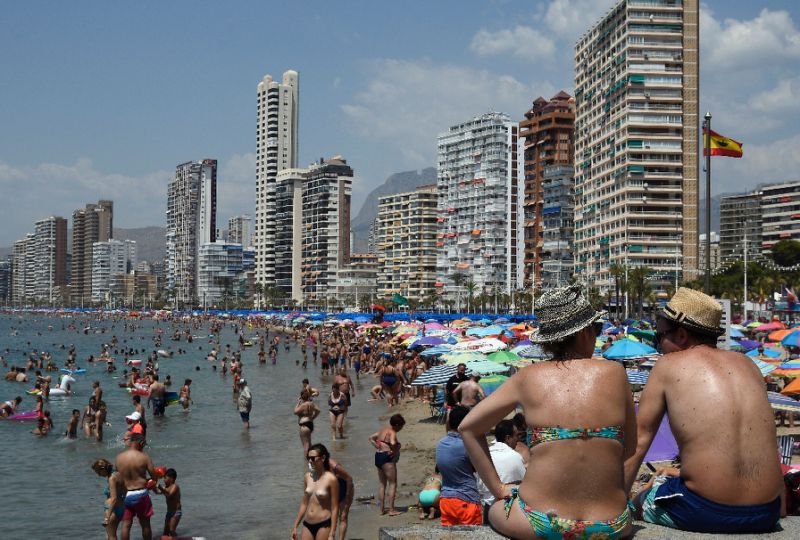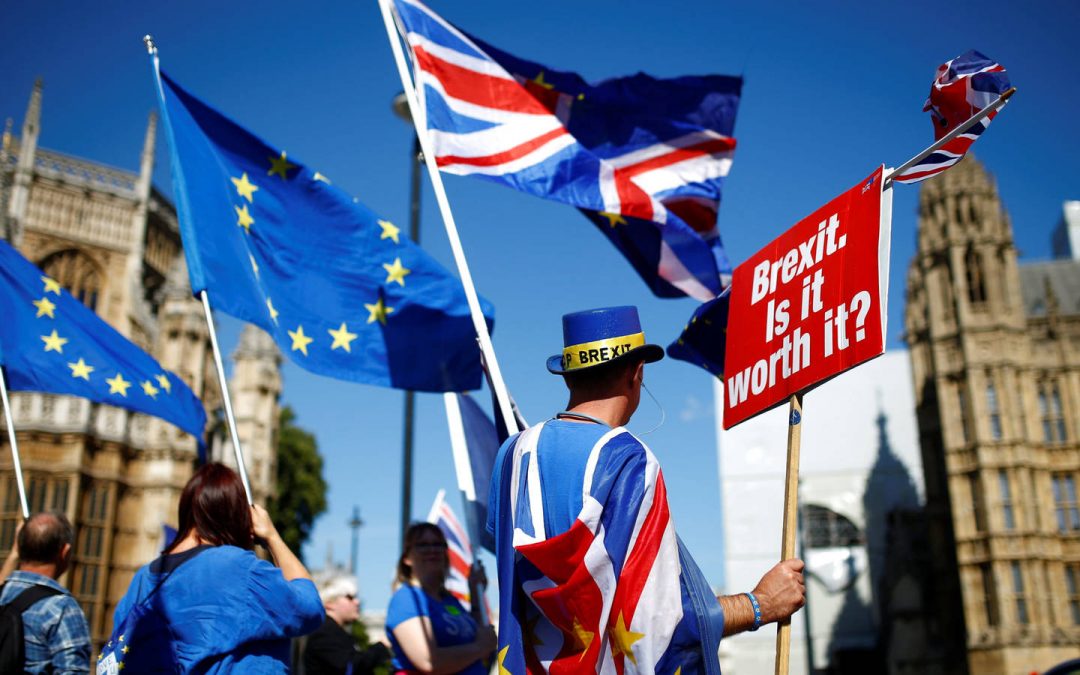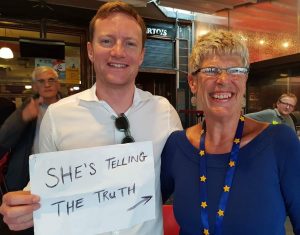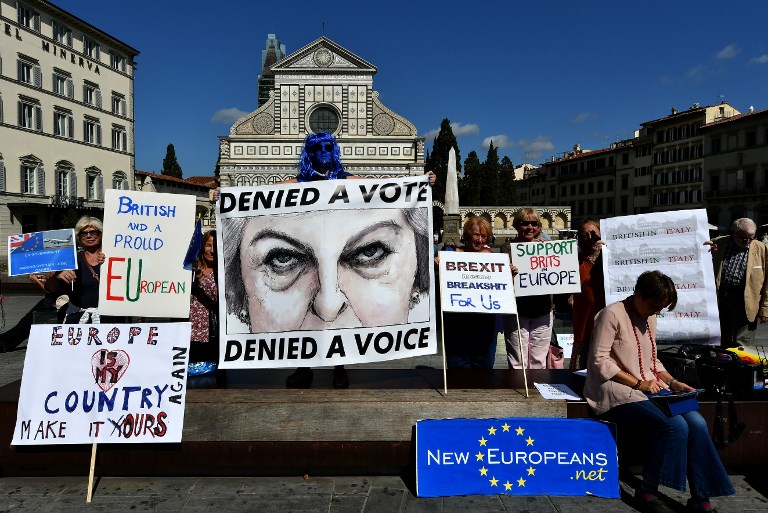To find out how this movement began from another campaign to secure the vote for millions of disenfranchised Brits abroad, read Part One of this story. Part Three: January 11th.
Ask most British nationals living abroad where they were that night Britain voted to leave the EU and they can remember.
Some watched in tears in their living rooms, others were left to console themselves in the waiting room of an airport.
Most Brits living in the EU watched the coverage in horror as they realised the shock Brexit referendum result would change their lives forever. And what made it worse for many of them was that they had not even been allowed to vote.
“On the night of the referendum a group of friends came to my house and watched the results come in,” Fiona Godfrey, co-founder and co-chair of citizens’ rights umbrella group British in Europe, tells The Local.
Read full story in The Local

